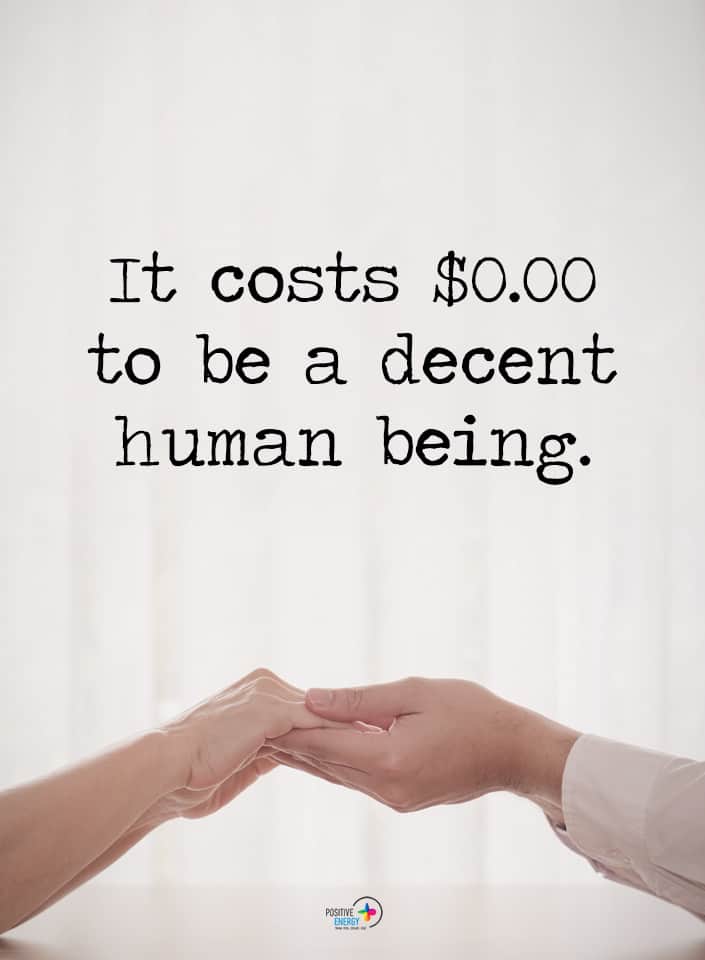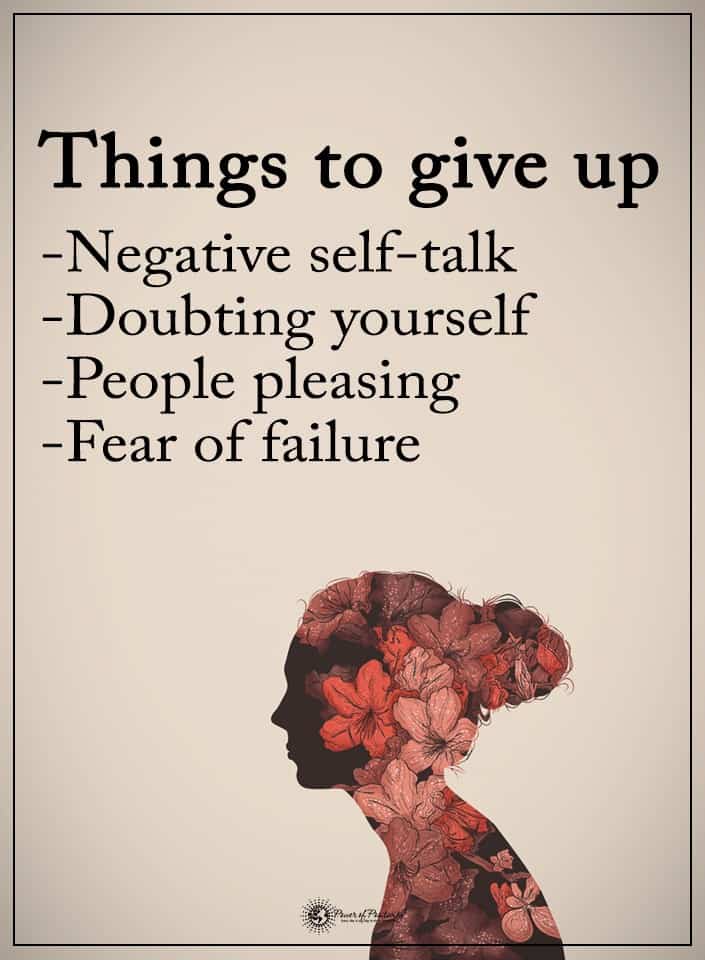Many emotionally abusive phrases that parents use are ones that they don’t realize are a form of child abuse. Emotional abuse is a way of sabotaging another person’s feelings of self-worth and undermining their independence. It is as detrimental to a child as physical abuse, but it impacts their mental health instead of their body.
Studies have shown that saying emotionally abusive phrases to a child can be just as harmful as a spanking. It doesn’t only interfere with a child’s view of themselves and the world around them, either. It can also cause aggressive behavior and depression.
Your words are just as important as your actions, and they affect your child equally. Since parents often say emotionally abusive phrases without realizing it, it’s essential to know some of the common mistakes. By knowing these phrases, you’ll be able to be more careful with your children.
Emotionally Abusive Phrases Parents Say
1. “I wish you were more like…”
When you compare your child to another one, it ruins their view of themselves. It will cause a distorted image of themselves in their mind. Then, they will always view themselves negatively because of it.
Saying things similar to this phrase can also cause siblings to be against each other. It can cause unhealthy rivalry and can irreparably ruin a sibling bond. This phrase can also make a child feel like they have to earn love from you.
2. “What would I do without you?”
This phrase may seem entirely innocent and unharmful, but that isn’t truly the case. When you say this to a child, it forces the child to become a responsible adult figure. Since you are supposed to be the caregiver, the child shouldn’t feel like they have to take care of you.
3. “Get over it.”
When you say this, it invalidates the child’s feelings. It also minimizes whatever happened to the child that upset them. This phrase is a way to assert power over the child, which isn’t something you should ever do.
Saying this also gives the child the impression that you don’t care about their feelings. Over time, it will make them question whether they are over-reacting in all situations. This will hurt their self-esteem and cause them to lack confidence or avoid standing up for themselves.
Instead of speaking these words to a child, try something else instead. If you give them space to feel their emotions without judgment and criticism, they will accept the situation more quickly. Plus, it affords them a chance to learn about emotional regulation and to have their feelings validated.
4. “Why aren’t you better at…?”
When you question your child’s abilities in this way, it can cause them to give up. If you ask why they aren’t better at a sport, an instrument, or any other activity, they’ll lose confidence. While you may think this phrase will get them to try harder, it will have the opposite effect.
When you make them feel like they aren’t good enough, they’ll think they can’t do it. This is true for activities, as mentioned above, but also for school subjects, household tasks, and anything else. It causes severe self-doubt and insecurity, and it can lead to anxiety and depression.
5. “I never said that.”
This should only be said to a child when it is, without question, right. If you say it any other time, it will have severe consequences for the child. When you tell a child, you didn’t say something that you did say, it is a form of gaslighting.
Gaslighting is a way that abusers cause their victims to questions their reality. When you do this to a child, they’ll start questioning themselves about everything. It can ruin their perception of the world around them.
6. “You’re just saying that for attention.”
When you tell a child that they are just saying something to get attention, it invalidates their feelings. It makes them feel like their opinions don’t matter and that they should hide the way they think.
7. “I love you, but…”
The more a child hears this, the more they will think they are incapable of being loved. While they may know that you love them, this will make them feel you are the only one who will. Telling them you love them, but then following it up with criticism, is not beneficial to a child’s emotional development.
8. “No wonder everyone thinks you’re dumb.”
You can replace the word ‘dumb’ with any other negative insult, and it would have the same effect. When you say things like this, it can cause years of mental damage that can lead to more issues. This damage will likely begin as insecurity and self-hatred but can manifest into so much more.
While children are taught that words from bullies shouldn’t hurt them, this doesn’t apply when it comes to a parent. A child can’t just ignore the hurtful words spoken by a parent, and it can cause personality or psychiatric disorders.
9. “Can’t you do anything right?”
This phrase will cause a child to believe that they can’t do anything right. Abuse of this kind is intended to make the child try harder, but it doesn’t work that way. Once a child hears something along these lines, they will stop believing in themselves.
It will ruin their self-esteem and can cause self-hatred. When a child hears something about themselves, they begin to believe it is true. Then, they will strive to exceed your expectations of them, which they believe are that they can’t do anything right.
10. “You are always so difficult.”
As with some of the emotionally abusive phrases above, this one will diminish their self-esteem. They will start to see themselves as a difficult child, and their actions will show it. When you tell a child that they are a certain way, that’s how they will begin to behave.
They listen raptly to what you are saying, and they learn from what they hear. If they learn that they are challenging, it will only make the situation worse, both short and long-term. Instead of telling them negative things, try saying positive things about them and see how their behavior adjusts.
11. “Why don’t you love me?” (emotionally abusive by being passive aggressive!)
Saying this to a child can make them think they have to devote all of their attention to you. They may think they won’t be accepted and loved by you unless they do that. When this happens, it takes away from their learning, playing, and developing time.
12. “It’s silly that you think…”
This is another way of invalidating a child’s feelings. They will become insecure about expressing their feelings and learn to bottle the emotions up, instead. By telling them that you think their opinions are silly, you are also trivializing the things that bother them.
13. “I gave up so much for you.”
When you have children, you have to sacrifice in many ways. This is true for all parents, and a child should never feel like they are inconveniencing you because of it. It’s not their job to give you a good life, and they should never feel like they made your life worse.
14. “It isn’t perfect.”
Teaching your kids that everything must be perfect is detrimental to their minds. They will begin to think that you won’t be proud of them or love them if they aren’t perfect.
This can cause the child to be overly critical of themselves, which is harmful to their confidence. They will begin to question their self-worth, and they may believe they aren’t capable of doing well.
It can also cause an overwhelming amount of stress and anxiety for the child. They will always believe that no matter how hard they tried, they have to keep going and achieve perfection.
15. Nothing, you give them the silent treatment.
Remaining silent is a form of mental abuse, and this is especially true when it comes to children. When they feel ignored, they will wonder why they aren’t good enough to gain your attention.
If they had done something wrong, and the silent treatment is a form of punishment, it is still detrimental. They will not learn how to self-regulate their emotions or talk problems out. This will negatively impact their mental health and self-esteem well into adulthood.
 Final Thoughts on 15 Emotionally Abusive Phrases Parents Say (That They Don’t Realize Are Hurtful)
Final Thoughts on 15 Emotionally Abusive Phrases Parents Say (That They Don’t Realize Are Hurtful)
Knowing that emotional abuse is a form of child abuse can help you remember to avoid these emotionally abusive phrases. Emotional abuse has severe consequences for children, and studies show that these consequences could last a lifetime. Parents aren’t perfect, however, and everyone says things they shouldn’t have.
You may not realize that the things you are saying are emotionally abusive phrases. It’s essential to think about what you say to a child before you say it, though, to avoid emotional damage. Since children are still emotionally developing, it’s essential to prevent these negative phrases and stick with positivity.





















